Uniting a World of Differing Values Through Music and Guitar. An Interview with Yuki Kondo
Știri & Articole
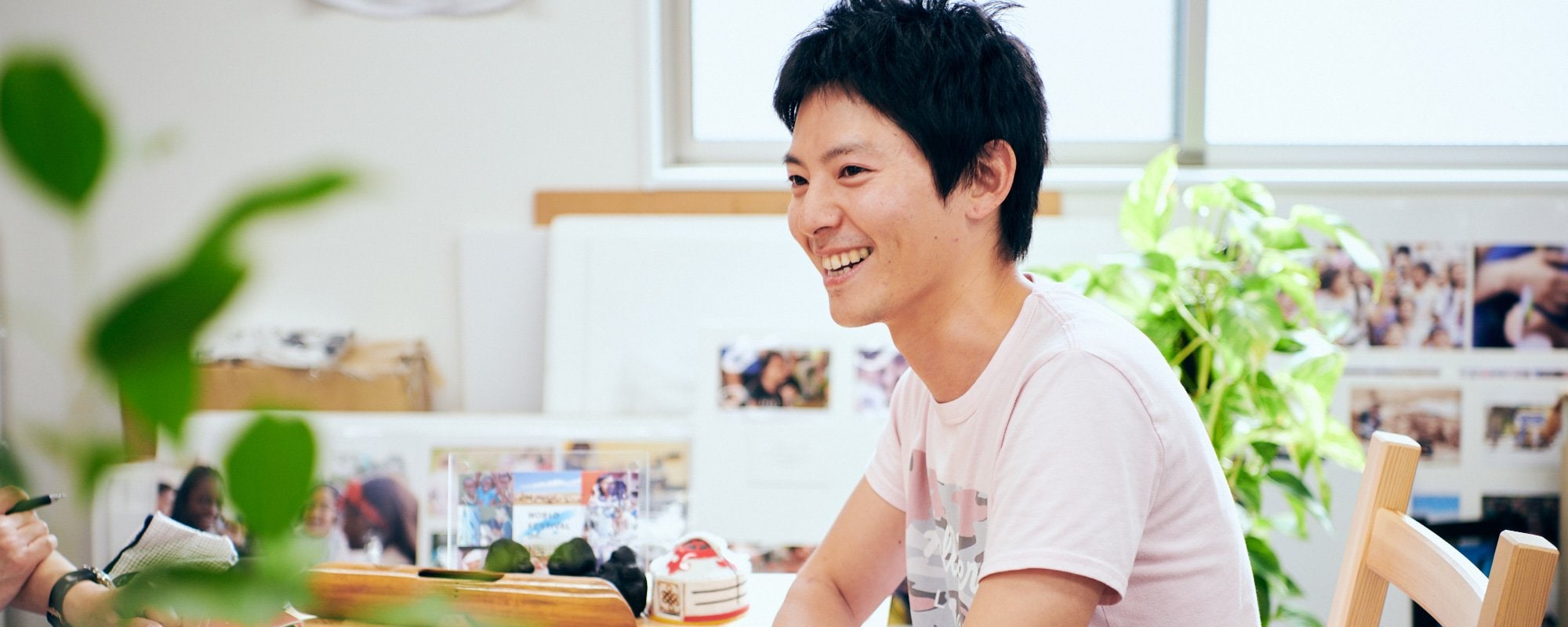
Uniting a World of Differing Values Through Music and Guitar. An Interview with Yuki Kondo
WORLD FESTIVAL Inc. supports and promotes the integration of cultures through entertainment. CEO, Yuki Kondo, likens his approach to what an acoustic guitar can do; to start an impromptu jam session anywhere, by/with anybody at any given time.
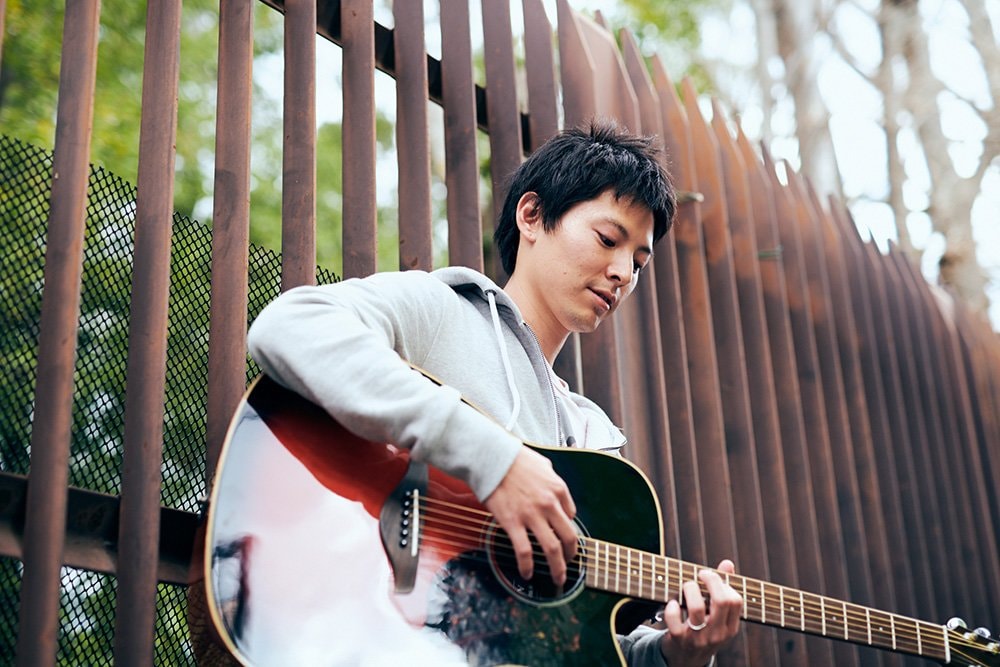
Yuki Kondo
Entertainment Goes Beyond the Barriers Between Nations and Cultures
- What kind of company is WORLD FESTIVAL Inc.?
Kondo: We work on various projects overseas with entertainment as the central pillar. Our motto is to change the minds of people to “not be indifferent but to get more involved.” When it comes to environmental issues or human rights or world dispute, people tend to feel "unconnected" unless an issue directly affects them. Such thinking can cause consequences, creating problems big and small. When you point these things out to people, you must be careful not to be too academic. Otherwise, they become indifferent all the more. That’s where the power of entertainment comes in handy.
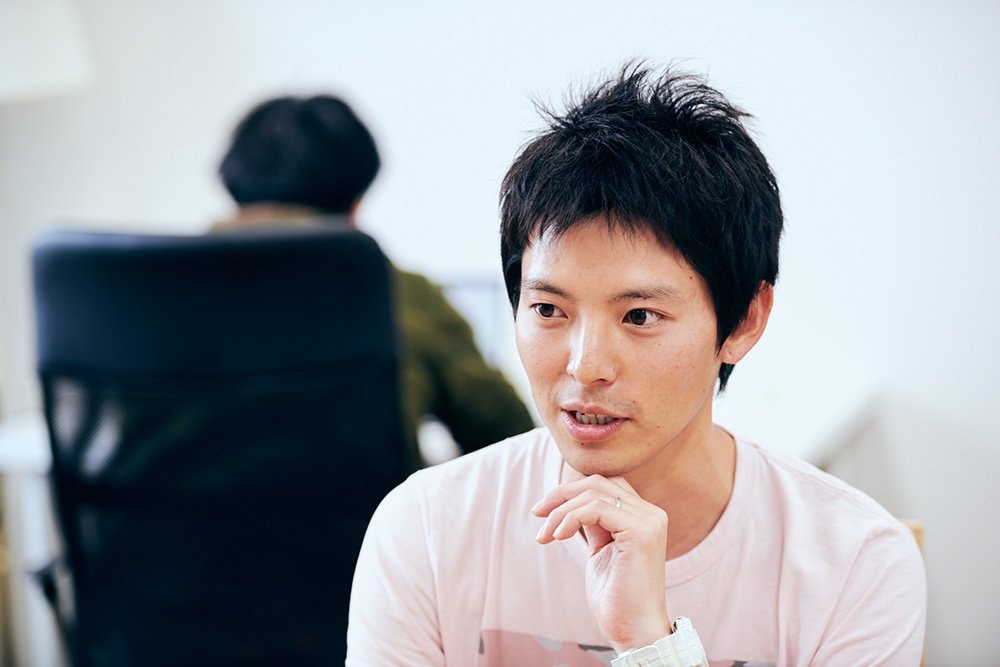
- What exactly do you do?
Kondo: We plan and produce creative content for our clients using "soft" media such as film and music to let the young people be aware of the activities of global NGO and NPO organizations and corporations who focus on "solving social issues" of the world. We also organize and implement various programs. The Omatsuri (Festival) Project for example, aims to empower children of the developing countries by connecting them with the world in order to expand their horizon and perspectives. WORLD FESTIVAL LABEL is an all-genre music label we started to find/develop talents, regardless of circumstances, and help them launch their music. This world is full of excitement and beauty, and each situation is unique depending on the background. We'd like to create platforms to present that.
Most importantly, we hope to provide a space for children where they can, at the earliest stage possible, interact and experience various worlds. Socializing with people who speak other languages, and making things with or playing music with people of different skin color will expand their perspectives and imagination. It's also crucial that these children understand the importance of the bonding not only with people but with the world as a larger entity. After all, they are the future.
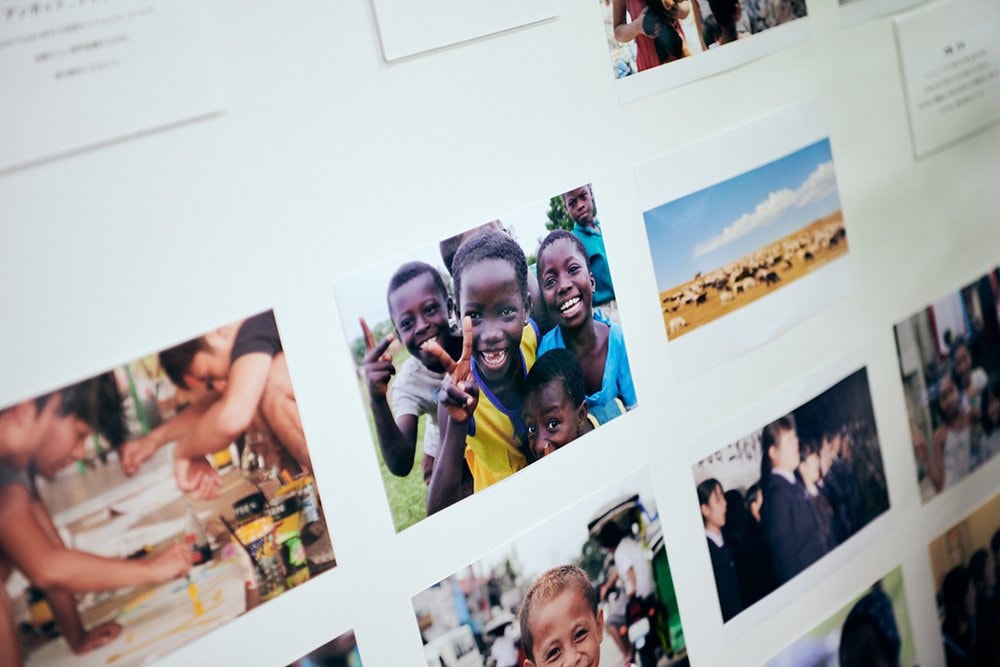
Pictures displayed in the office.
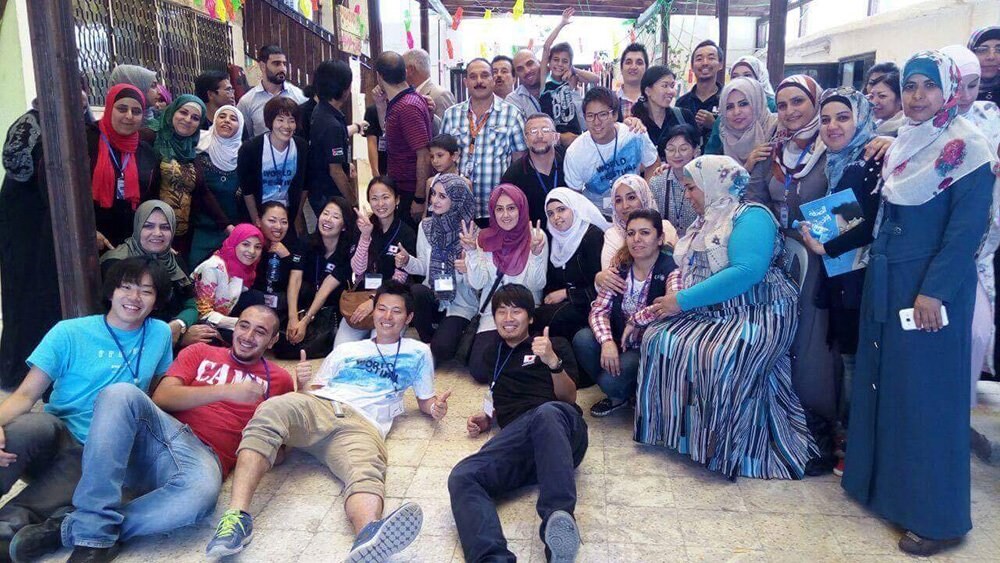
2016, Jordan
Saxophone Gave Me Strength to Go Over the Wall
- You had a personal experience as a child that inspired you to use entertainment as a bridge to communicate with others, correct?
Kondo: That's correct. I was born in Osaka, but my family moved to Oregon when I was young for my dad's business. There weren't many Asian kids around, so I often struggled at school.
Growing up I took a classical piano lesson, but playing piano by the book became increasingly stressful for me, knowing that music should be played freer. That's when I enrolled in my school's jazz band and took up the alto saxophone. With support from the teacher, my alto playing improved. I was given a solo spot at the State's competition, and our school won several major awards! Following this all my schoolmates had acknowledged me and treated me as equal, music helped me go over this invisible wall and connect with everyone. It was a valuable experience.
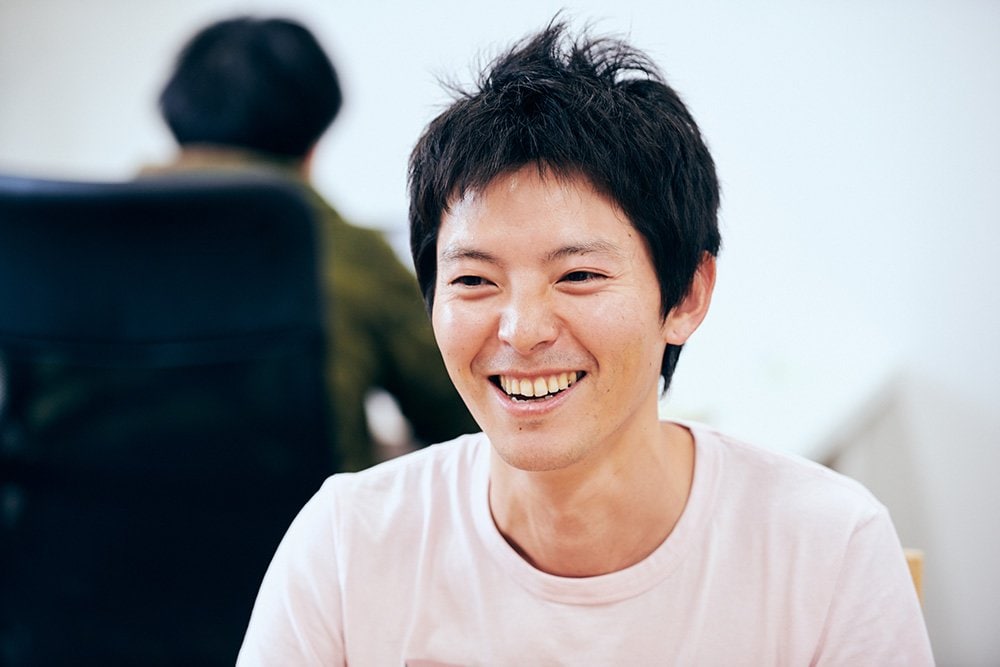
- How did you come to the idea of connecting social issues with music?
Kondo: I studied Eco-Tourism at the university. In 2007, my seniors organized a music festival in Tanegashima Island, and I participated in it. Whilst the festival was not financially profitable, my experience there was priceless. On site we ran a booth exhibiting photos of victimized animals of plastic waste in the ocean. A local family stood there as the parent spoke of the importance of taking care of the planet to their child. Right next to them, live music was going on; people were dancing to the beat with a beer in their hands. "This is good," I thought. "This is a kind of space I want to create." That's when I got the idea. People will accept the situations that are severe and are often left behind given the right circumstances- even more, if it's done through the positive filter of entertainment.
- So that is how your vision began to materialize?
Kondo: Yes. Upon graduating from university, I took a job at a record company, but wasn't sure what I really wanted to do. That's when the Japan Branch of French NPO, Secures Populaire Francais (SPF) approached me. They were looking for a volunteer to lead four middle school students from Narahamachi (the closest town to the Fukushima Daiichi Nuclear Power Plant which suffered meltdown after the Great East Japan Earthquake) to their one-month summer camp for underprivileged children of the world; victims of the war, poverty, and natural disasters. During their stay, children will engage in intercultural exchanges. Of course, I immediately said "Yes!".
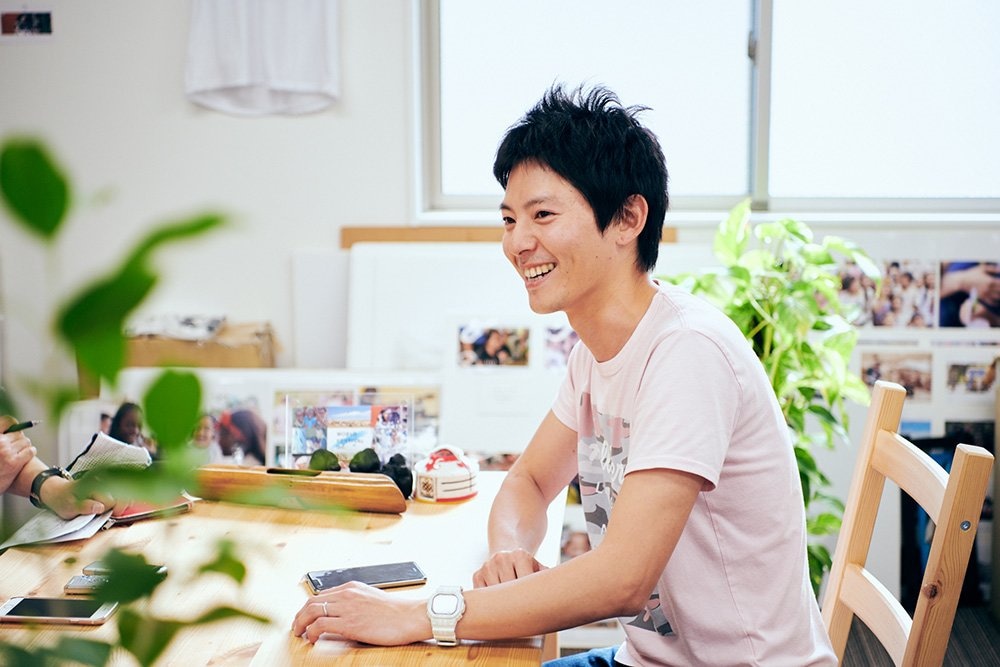
- What was the camp like?
Kondo: The local NPO and Red Cross Organizations had brought together kids from 25 countries, including Lebanon, Gaza, North Korea, and Morocco. It was right at the peak of the conflict over Western Sahara. Yet children from those conflicting zones were talking casually, exchanging ideas - something that wasn't happening on the national level. At first, they looked embarrassed, but gradually they let their guards down.
The guitar was the star of the camp. I brought a few musical instruments with me, but the acoustic guitar was always the most popular. As soon as I strummed my guitar, Lebanese kids gathered around with percussions in their hands, which started a jam session. Volunteers from Mali were as excited as the kids. "Let me hold it! I've never touched a guitar in my life!" he said.
And the next thing I know, I was surrounded by children of all nationalities; making music while happily fighting over the guitar! Reflecting on this back home in Japan, I was assured that this is the real power of the music. "These are the moments music live for!"

2013, France
- The guitar is an ideal instrument. It's a percussive and a chordal instrument at the same time, a great accompanist and a great soloist. And you don't even need electricity...
Kondo: It sure is. Since then, I always bring my guitar when I travel if there's a chance I can make use of it. With a guitar, any child can be a hero and be the star of the session.
In the Philippines, I had children participate in the songwriting workshop as a part of our WORLD FESTIVAL LABEL music project. We asked them their thoughts on their country, family, dreams, love, and turned it into sets of lyrics and melodies and have them sing along to the guitar. We recorded it and worked it into a song. It couldn't have been done without the guitar.

2017, Cebu Island, Philippines
- Who doesn't love the guitar?!
Kondo: Exactly. With no exception, the guitar is everyone ‘s first choice, but if you have never seen a guitar, you won't know how to play it. On one occasion, a girl started to hit the body of the guitar with a drum stick. I almost stopped her but decided to watch her for a while until the guitar began to make a resonance sound from the hitting on the body and strings. It was exciting, like she just came up with a brand new way of playing the guitar! (laugh). Music is all about enjoying the sound. If children enjoy the sound or even the noise they're making and feel good vibes from it, then, that's their music.

2018, Ghana
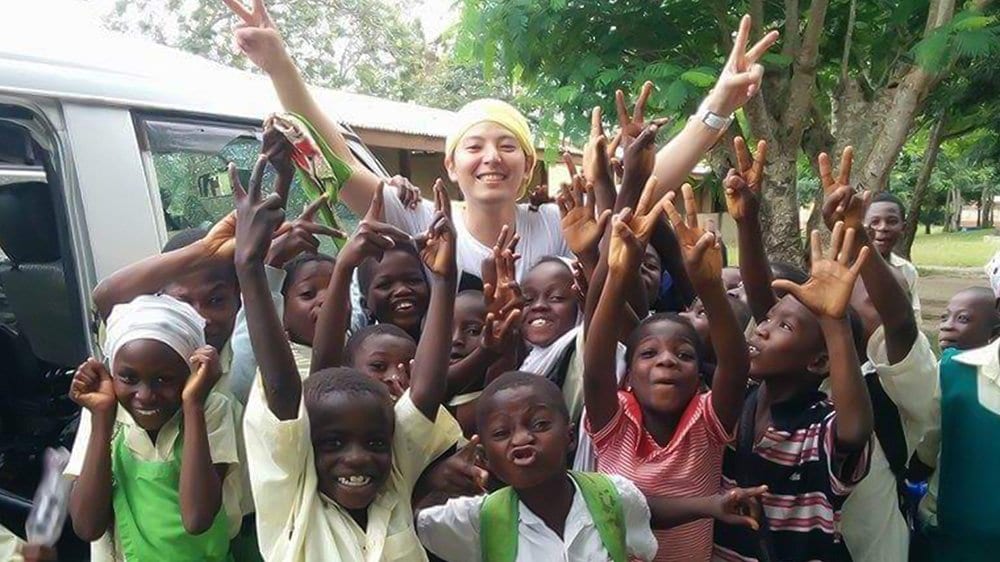
2015, Ghana
Yamaha is in Japanese People's "Day-To-Day Life"
- What are your visions and dreams for the future?
Kondo: I'm quite excited about how our business is developing. We have launched several new services and business partnerships. I'd like us to be a "stateless" company - in a positive sense - that builds bridges through music and entertainment. We need to increase our staff abroad, finding more like-minded creators and artists. We hope to nurture an environment where one can genuinely respect and empathize with one other.
One of my dreams when I started this company was to make a platform and a marketplace for creators and artists of the world and use their talent/works as an implement to cooperate in solving social issues and dispute. For that purpose, and more, I've just relocated with my wife to San Diego. Being back in the West Coast where I spent my childhood, I'm excited to meet new people and make more new friends.
We often find things that we're not familiar with intimidating. If you've never been to that country, you're bound to be intimidated by its culture, religion, events, and people, or feel distant - hence, feel "unconnected." However, if you broaden your perspective and re-evaluate your sets of values, you'll learn to appreciate other cultures too. Through the open-mindedness that comes with music and entertainment, I want to connect the whole world. I want people to be more curious about countries and cultures other than their own. I want our bearer of the future, our children to feel good about the world they're living in because life is short. If we can achieve that, it will eventually lead us to a society free from social issues and dispute.
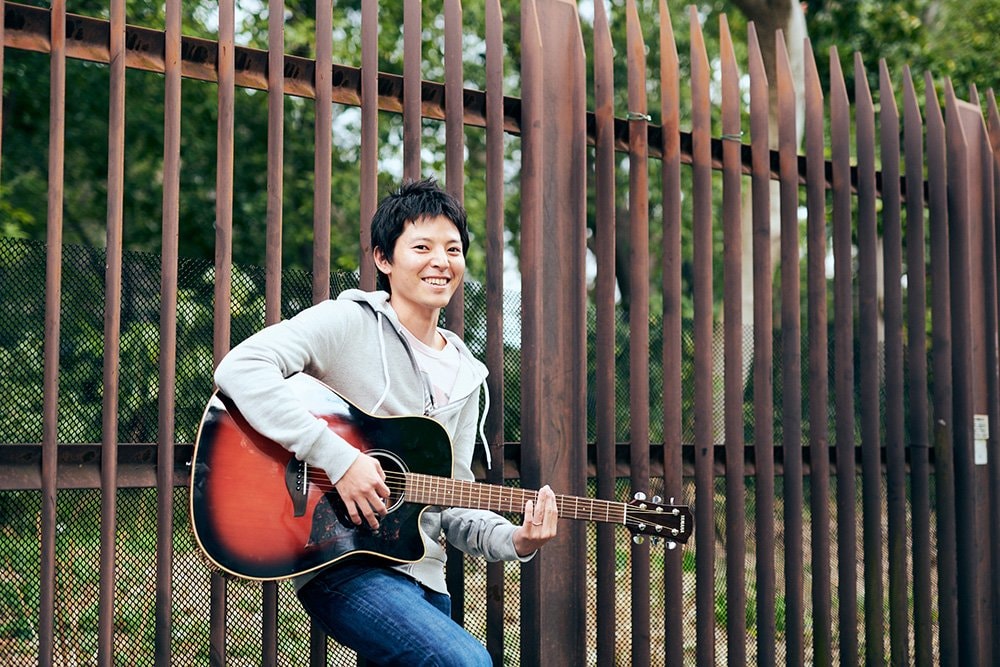
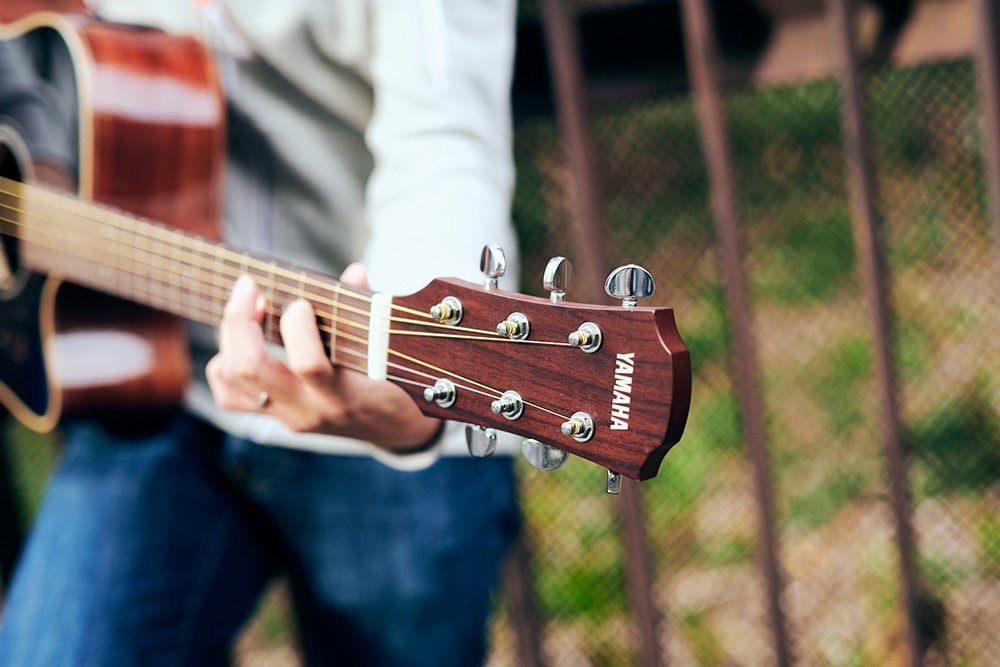
Yamaha Acoustic Guitar
Interview: Takanori Kuroda
Photo: Nozomu Toyoshima
Yuki Kondo:
CEO of WORLD FESTIVAL inc.
Planning/producing media content – “Entertainment x Solving Social Issues”.




